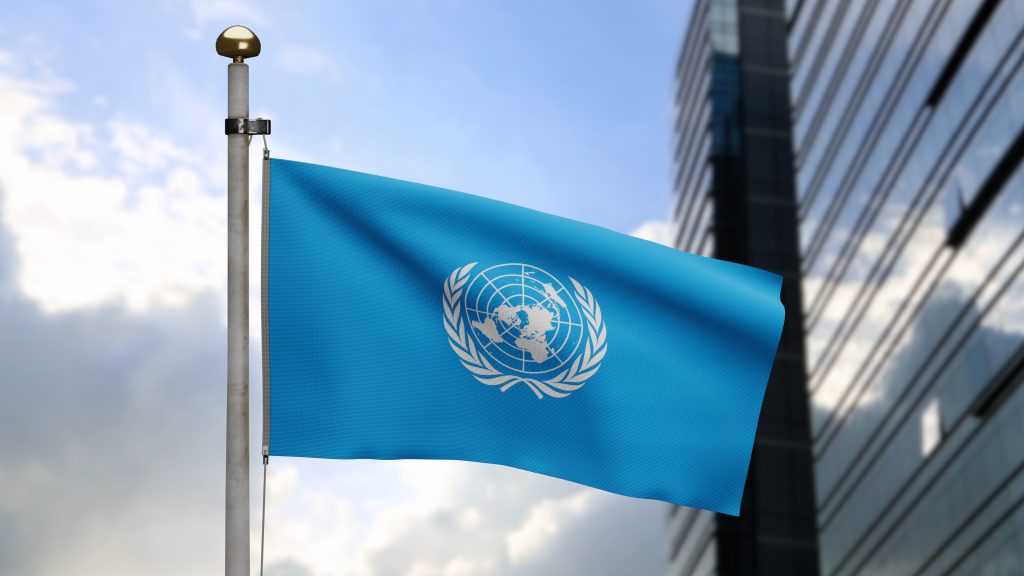OEWG Chair proposes elements for the UN permanent mechanism
The revised paper outlines draft elements for an action-oriented permanent mechanism to promote responsible behaviour in cyberspace.

The Chair of the Open-Ended Working Group on Security of Information and Communications Technologies (OEWG) has released a revised paper titled ‘Draft Elements for the Open-Ended Action-Oriented Permanent Mechanism on ICT Security in the Context of International Security’. This publication precedes dedicated intersessional meetings scheduled from 13 to 17 May 2024.
To foster consensus, the Chair anticipates that this revised paper will lay the groundwork for additional elements crucial to establishing a future permanent mechanism to be established under the UN. This mechanism, envisioned as a platform for regular institutional dialogue, is slated for consensus adoption at the conclusion of the OEWG’s eighth substantive session in July 2024.
The proposed permanent mechanism is designed to be open-ended and action-oriented. It builds upon past agreements, particularly those from OEWGs and Groups of Governmental Experts (GGEs), to operationalize a framework for responsible state behaviour in cyberspace.
Key elements of the proposed mechanism include:
- Single-track, state-led structure: reporting to the UN General Assembly’s First Committee.
- Inclusive, transparent process: emphasizing inclusivity, transparency, sustainability, and flexibility to address evolving needs and ICT landscape developments.
The mechanism will further focus on advancing the framework for responsible state behaviour and strengthening state capacities. Stakeholders from various sectors, including businesses, NGOs, and academia, could contribute to any future regular institutional dialogue.
The scope of the proposed mechanism encompasses all key elements of the current framework, including existing and potential threats; rules, norms and principles of responsible state behaviour; applicability of international law in the use of ICTs, including the development of additional legally binding obligations as appropriate; confidence-building measures; capacity-building; and further development and operationalization of the Global Points of Contact Directory (Global POC Directory), which has been identified as a separate new element.
In addition to the substantive sessions, the paper proposes several dedicated thematic groups on the Global POC Directory, capacity-building, and international law, with other additional groups that could be convened where necessary. It is noted that meetings of such groups and substantive sessions should be held in parallel to ensure inclusive participation.
The future mechanism is proposed as a UN General Assembly subsidiary body with the UN Office for Disarmament Affairs (UNODA) to serve as the Secretariat. The Chair will be appointed for a two-year term, and formal meetings will be held at UNHQ in New York. The paper also mentions an ‘e-portal and/or website to be established to support and facilitate the work’ of the permanent mechanism, including its dedicated thematic groups. To ensure continuity from the OEWG’s efforts, the first substantive session of the proposed mechanism is slated for no later than June 2026.
Decision-making within the mechanism will be consensus-based, with periodic reviews scheduled every four years, including dedicated review sessions.
